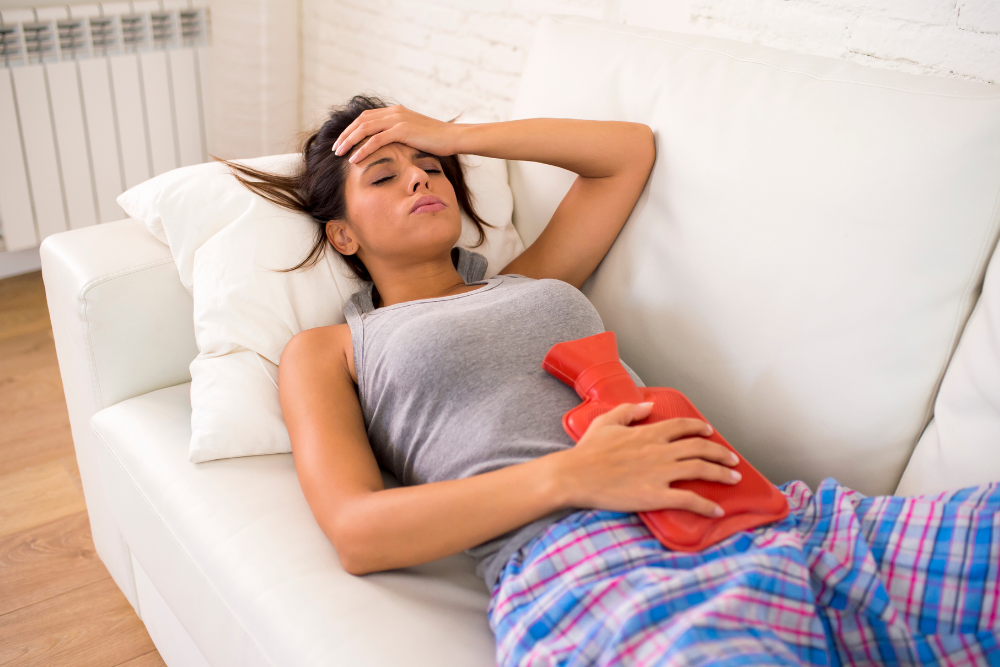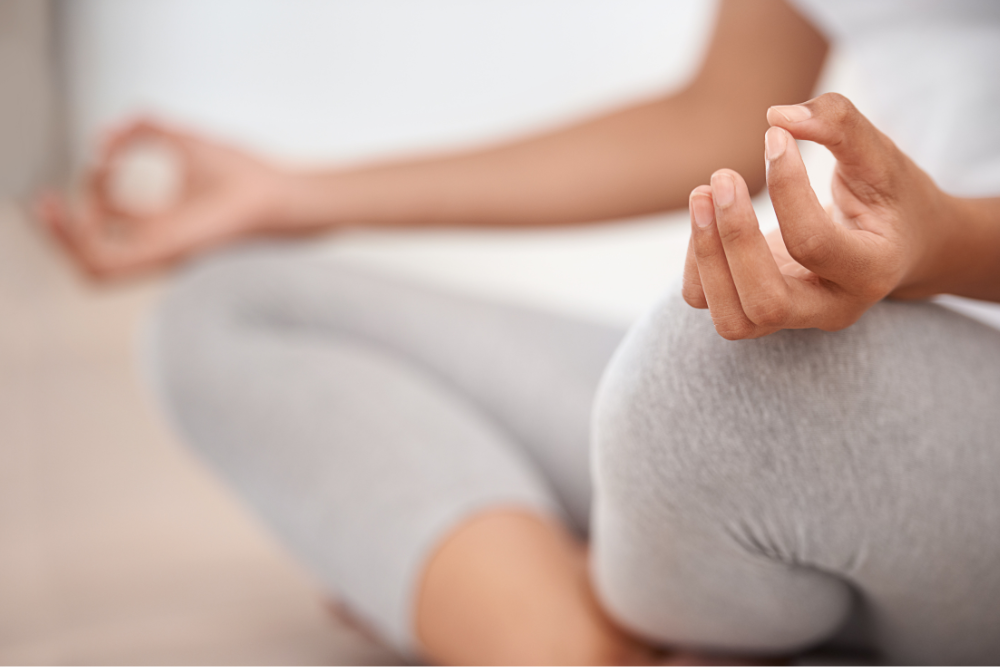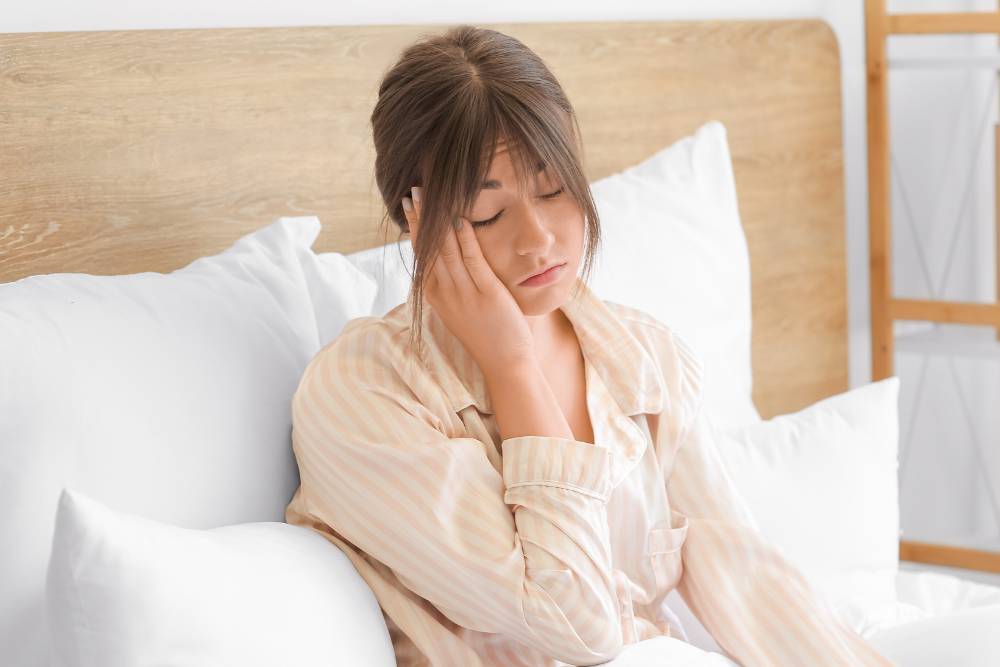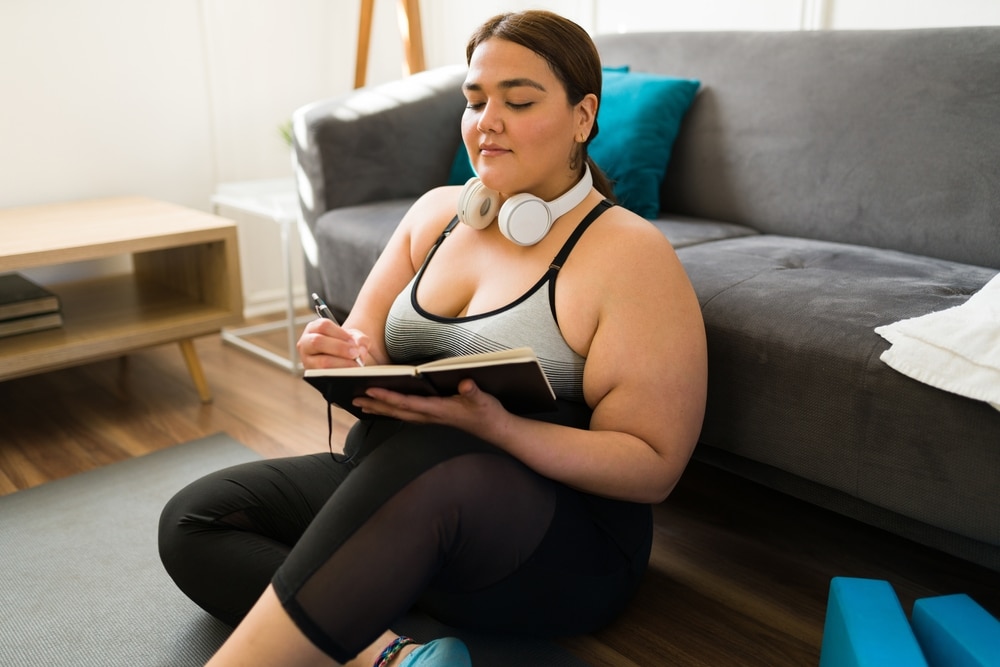To sleep better with urinary tract infection (UTI) discomfort, consider consulting a healthcare professional for prescription medication options such as melatonin to aid sleep and antibiotics to treat the infection, in addition to hydrating, taking pain relievers, and using heat therapy for relief. These measures can help ease symptoms and promote better sleep during UTI discomfort.
Dealing with urinary tract infections (UTIs) can be uncomfortable, but they don’t have to disrupt your sleep. In this article, we provide you with practical strategies to help relieve nighttime UTI symptoms and promote a peaceful night’s rest. By following these tips, you’ll be better equipped to manage your symptoms and wake up feeling refreshed. So, let’s dive in and discover how you can get the rest you need while managing UTI discomfort.
Alleviating UTI Discomfort: Essential Strategies
No matter what causes UTIs, the uncomfortable symptoms of a UTI can be challenging to manage. Thankfully, several key strategies can help ease your symptoms and improve your sleep quality. Always remember to consult a healthcare provider for treatment options for your specific situation.
Stay Hydrated
Drinking plenty of water helps flush out bacteria from the urinary system and promotes healing. Aim to drink at least 8 glasses of water a day to keep your system hydrated and functioning optimally.
Use Heat Therapy
Applying a heating pad or hot water bottle to your lower abdomen can help ease the urinary pain and discomfort associated with a UTI. The warmth can soothe bladder spasms and provide relief, making it easier to relax and fall asleep.
Practice Good Bathroom Habits
Urinating frequently can help flush bacteria from your urinary tract and alleviate discomfort. Make sure to empty your bladder completely each time you urinate, and try to avoid fighting the urge to urinate.
Take Pain Relief Medication
Over-the-counter pain relief medications such as ibuprofen can help reduce pain and discomfort caused by lower urinary tract symptoms. Be sure to follow the recommended dosage instructions and consult with your healthcare provider if you have any concerns.
Avoid Irritants
There are certain foods and beverages that may make UTIs worse, such as caffeine, alcohol, and spicy foods. Try to avoid these irritants, especially in the hours leading up to bedtime, to promote a more restful sleep.
By incorporating these essential strategies into your routine, you may ease UTI discomfort and improve your chances of getting a restful night’s sleep. Remember to listen to your body and consult with your healthcare provider if you have any concerns or if your symptoms persist.

Sleeping Better with UTI
Getting a good night’s sleep can be particularly hard when dealing with the discomfort of a UTI. However, there are several proven remedies and techniques that may help you get the rest you need.
Elevate Your Legs
Elevating your legs slightly while lying down can help improve blood circulation and reduce pressure on your pelvic area, easing discomfort and promoting relaxation.
Practice Relaxation Techniques
Relaxation techniques such as deep breathing, meditation, or progressive muscle relaxation calm your mind and body before bedtime. This may help reduce stress and tension, making it easier to fall asleep despite bladder pain.
Optimise Your Sleep Environment
Maintain a comfortable and conducive sleep environment by ensuring your bedroom is cool, dark, and quiet. Use blackout curtains, white noise machines, or earplugs to block out any disturbances that may disrupt your sleep.
Use Supportive Pillows
Place pillows strategically to provide support and relieve pressure on your abdomen and pelvic area while sleeping. Experiment with different pillow arrangements to find the most comfortable position for you.
Establish a Bedtime Routine
Creating a consistent bedtime routine can signal your body that it’s time to wind down and prepare for sleep. Engage in relaxing activities such as reading, taking a warm bath, or listening to soothing music to help you relax and unwind.
By incorporating these remedies into your nightly routine, you may improve your chances of getting a restful night’s sleep despite UTI discomfort. Remember to prioritise self-care and listen to your body’s needs to promote healing and recovery. If pain persists, consult your healthcare provider.

Creating a UTI-Friendly Sleep Environment
Crafting a sleep-friendly environment to alleviate UTI discomfort is essential for maximising comfort and promoting restful sleep. Here’s how you can create a conducive sleep environment:
Temperature Control
Maintain a comfortable room temperature conducive to sleep. Keep your bedroom cool, as high temperatures can worsen discomfort. Experiment with bedding materials to find what feels best against your skin.
Hygiene and Cleanliness
Keep your sleep environment clean and hygienic to prevent further irritation or infection. Change your sheets regularly, especially if you’re experiencing night sweats due to fever, and ensure your bedding is made from breathable fabrics.
Minimise Light Exposure
Block out any sources of light that may disrupt your sleep, such as streetlights or electronic devices. Consider using blackout curtains or an eye mask to create a dark sleeping environment that signals to your body it’s time to rest.
Reduce Noise
Minimise noise disturbances that may interrupt your sleep by using earplugs or a white noise machine. Alternatively, you can play calming nature sounds or soothing music to mask disruptive noises and promote relaxation.
Invest in Supportive Bedding
Opt for a supportive mattress and pillows that provide adequate comfort and alignment for your body. Consider using extra pillows to support your lower back, abdomen, or legs to alleviate pressure and discomfort while sleeping.
Stay Hydrated
Keep a water bottle within reach to stay hydrated throughout the night. However, be mindful of drinking excessive fluids close to bedtime to avoid frequent trips to the bathroom that can disrupt your sleep.
Maintain Bathroom Accessibility
Ensure easy access to the bathroom to minimise disruptions when nature calls. Keep pathways clear and consider using a nightlight to navigate safely during nighttime bathroom visits. If urinary tract infections are likely to cause incontinence during the night, consider wearing an incontinence pad to avoid nighttime urinary urgency.
By implementing these strategies, you can create a UTI-friendly sleep environment that supports your comfort and promotes restorative sleep.

Reclaiming Restful Nights: UTI Sleep Solutions
When facing UTI-related sleep disturbances, explore effective treatment options and prescription medications under the guidance of a healthcare professional. Here are some UTI sleep solutions and treatment options that your healthcare provider may consider:
Antibiotics: If you’ve been diagnosed with a UTI by a healthcare provider, they may prescribe antibiotics to target and eliminate the bacterial infection. Taking antibiotics for UTIs as prescribed can help alleviate UTI symptoms, including pain and discomfort, which can significantly improve sleep quality.
Pain Relief Medications: Over-the-counter pain relief medications such as ibuprofen may help relieve UTI pain and discomfort, making it easier to fall asleep and stay asleep throughout the night.
Prescription Melatonin: For those struggling with sleep disruptions due to UTI discomfort, prescription melatonin may be recommended by a healthcare professional. Melatonin is a hormone that regulates sleep-wake cycles and can help promote more restful sleep, particularly when taken under medical supervision.
Prescription Pain Medications: In some cases, healthcare providers may prescribe stronger pain medications to manage severe UTI-related pain that interferes with sleep. These medications should be used under close supervision and guidance.
Urinary Analgesics: Prescription urinary analgesics may provide relief from urinary burning and discomfort associated with a UTI. These medications work by numbing the urinary tract lining and can help manage UTI symptoms while promoting better sleep.
It’s essential to consult a healthcare professional to determine the most appropriate treatment options for UTI symptoms and sleep disturbances. By addressing both the underlying UTI and sleep-related issues, you can reclaim restful nights and support your body’s healing process effectively.





